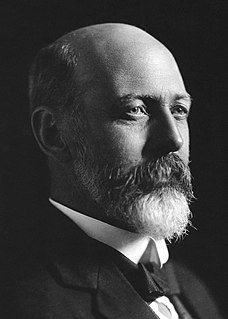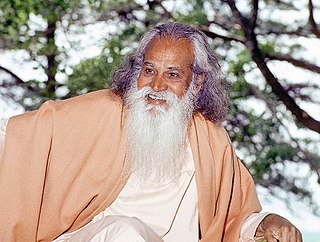A Quote by Albert Einstein
Mere unbelief in a personal God is no philosophy at all.
Quote Topics
Related Quotes
In Philosophy, the contemplations of man do either penetrate unto God, or are circumferred to Nature, or are reflected and reverted upon himself. Out of which several inquiries there do arise three knowledges, Divine Philosophy, Natural Philosophy, and Human Philosophy or Humanity. For all things are marked and stamped with this triple character of the power of God, the difference of Nature and the use of Man.
God is God. I dethrone Him in my heart if I demand that He act in ways that satisfy my idea of justice. It is the same spirit that taunted, "If Thou be the Son of God, come down from the Cross." There is unbelief, there is even rebellion, in the attitude that says, "God has no right to do this to five men unless...
When one begins to reflect on philosophy—then philosophy seems to us to be everything, like God, and love. It is a mystical, highly potent, penetrating idea—which ceaselessly drives us inward in all directions. The decision to do philosophy—to seek philosophy is the act of self-liberation—the thrust toward ourselves.




































